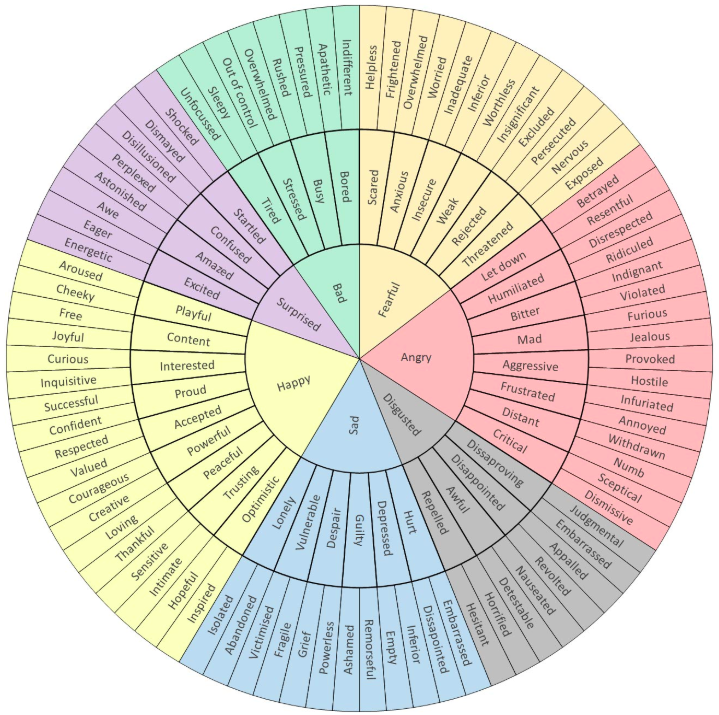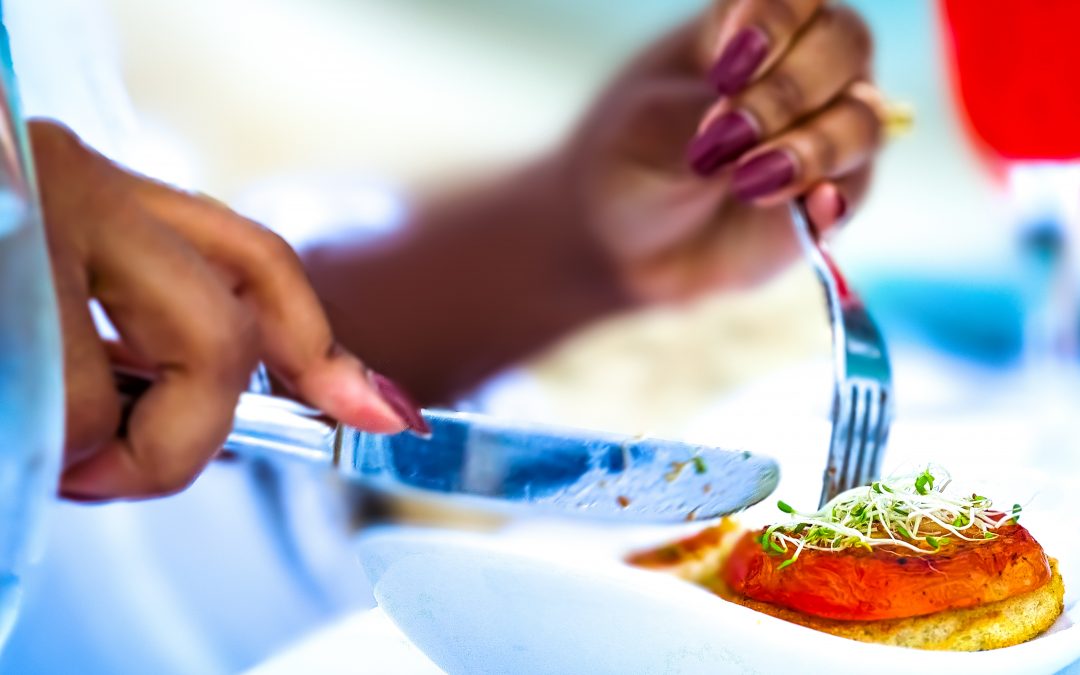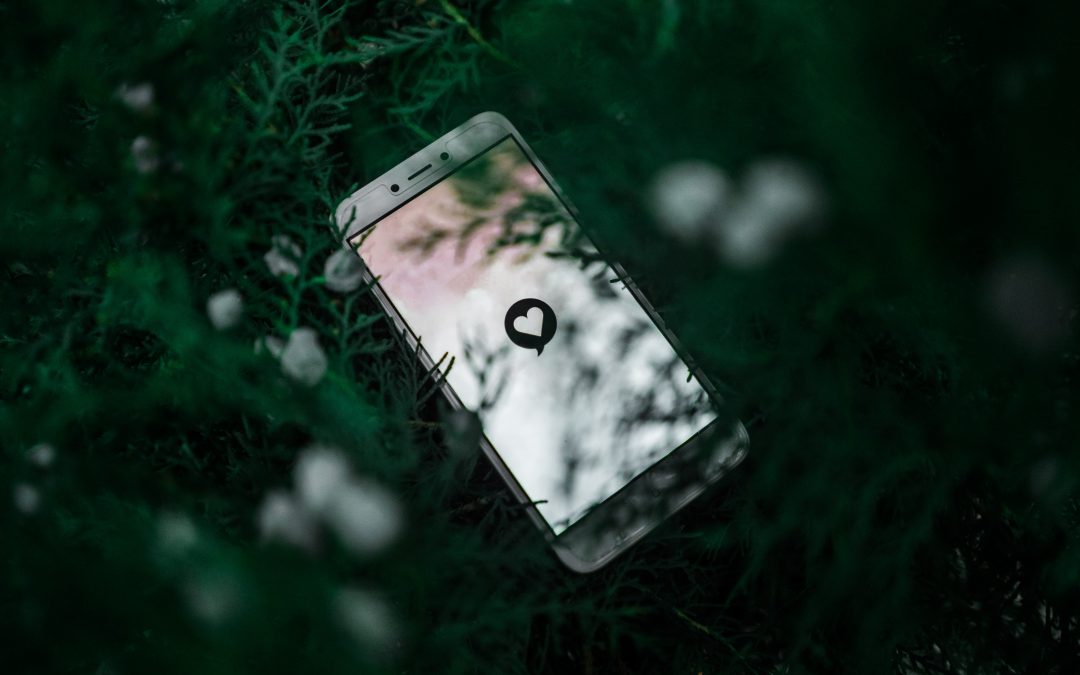
How to Navigate Emotional Eating
Are you wondering any of the following?
“How do I NOT EAT out of boredom?“
“How do I resist the urge to snack all day when I’m stressed out?”
“How do I take control and stop binge eating out of depression?”
“Why do I turn to food when I am happy, sad or stressed?”
If so, you’ve come to the right place.
This article outlines what emotional eating is, the different types of emotional eating, and ways in which you can understand and navigate it.
What is emotional eating?
It could be argued that all eating has an emotional attachment to it. If you think about it, in most cultures, food is highly linked to emotions from a young age. When you’re a baby you cry when you want food, you go to a kids party, you eat cake and pizza. You go to a wedding and often eat a special meal of some form.
On a basic level, food is there to offer nourishment, pleasure, but also sometimes comfort too… and using food to soothe emotions isn’t inherently a “bad thing”.
Sometimes it’s a really important coping tool. In fact, quite a useful tool. When you’re turning to food when you’re not physically hungry, it’s your body’s way of saying “hey something is up and it needs addressing”.
It usually doesn’t feel good if you’re always diving into food at every emotional state. And so if the way that you’re eating right now is not feeling good, I’m here to help you unpick it.
Understanding types of emotional eating
There are four main avenues to emotional eating:
1) Breaking a food rule/eating something you’re trying not to, causes emotional distress after eating.
For example, you eat a cookie, feel bad, and then continue eating past the point of comfortable fullness – this is the “sod it” mentality.
2) Experiencing a strong emotion that reduces appetite
Like if you’re really anxious, you might feel a bit sick and not want to eat. So you eat less.
3) The backlash of restriction
Are you someone who actively tries to avoid “bad food”, but then when you’re bored, stressed, or lonely, find yourself uncontrollably diving into all of the foods you’re trying to avoid? Sometimes emotions get in the way and interfere with your restriction. It’s a backlash effect of the restriction. Interestingly, research shows that former or current dieters have higher emotional eating than do people without a history of dieting. Basically, dieting (any pursuit of weight loss) can exacerbate emotional eating.
4) Comfort eating
This is when you find yourself eating to self-soothe or distract yourself from uncomfortable emotions. It classically results in eating more food.
And to make things more complicated, there can be a blend of the above taking place.
It’s thought that the way in which we’re raised affects our ability to cope effectively with life’s ups and downs. If your parents helped you to develop positive coping skills as a kid, like talking, expressing emotions, receiving comfort, life’s ups and downs can be more easily met. But if your upbringing was more emotionally distant, neglectful, abusive, or if your parents were less able to cope with emotions themselves, you may find yourself turning to more destructive coping mechanisms.
Throw pursuit of weight loss in the mix, and it’s a recipe for using food to cope – regardless of your upbringing.
So what can you do to manage emotional eating?
It’s not possible to manage emotional eating without understanding its roots. So here is a checklist of questions to help to understand your emotional eating.
1. Have you eaten enough?
Sometimes what we identify as emotional eating is actually just hunger. I frequently hear in clinics that clients feel they are emotionally eating or feel addicted to sugar. However, when we dive into it, it’s clear that they have not received enough food throughout the day through restriction (trying to lose or maintain weight), or just busyness. By the time the evening comes, there is a primal drive to want to eat which can induce night time binges. When they do eat, they eat more than what feels comfortable. That judgy voice can then creep in, labelling it as an ‘emotional’ or ‘comfort’ eating episode, which is also judged as ‘bad’. This can trigger compensatory behaviour, such as restriction or over-exercise to ‘make up’ for it. Restriction usually only exacerbates the cycle for overeating at some point later to happen again.
What can you do? Fill your belly first! Hunger can present itself in mood, energy levels, head – need to rule that out! If you’re wondering how to stop dieting and eat normally, you can learn more about that here.
A few questions for you to consider:
a. Do you eat at least 3 meals a day, and regular snacks – 2-3 snacks a day?
b. Does each of your meals have a balance of carbohydrates, proteins and fats?
c. Have you recently increased your amount of movement?
d. Have you changed your patterns of eating? Like having lighter meals or having a snack instead of a meal?
If you answered no to questions a & b, or yes to questions c & d, it may be sensible to address these before moving on.
2. Consider taste hunger
Taste hunger occurs when you have a taste for a specific food that may be present outside of physical hunger or alongside it. Basically, taste hunger is when a food just sounds good! It’s really normal to have the desire for a little something to round off your meal and provide the “satisfaction factor”. Like sweets, biscuits, ice-cream, fruit, yoghurt, hot chocolate etc. This is not bad, and it’s not emotional eating. If you’re feeling the desire to eat something sweet after your meal, maybe that’s just what you need to hit the satisfaction factor.
If you’ve identified that you’re 100% not physically hungry, it’s not taste hunger, and no amount of food will fill you up, then it’s likely that you’re experiencing emotional hunger.
3. Flip it on its head.
How might emotional eating actually serving you right now? Maybe it’s providing you with comfort, control at the moment, distraction, numbing? If you’re using food to distract, what are you trying to distract from? Does it give you any clues about your unmet needs? Plus, if you’re worried about sugar consumption, using food to soothe at times is not a bad thing. You don’t need to stop eating sugar to be healthy.
4. Identifying what it is that you’re feeling.
This can be tough if you’re used to eating your emotions or often trying to push them down instead of feeling them. An emotional word wheel might be able to help you pinpoint what emotion you’re experiencing.

5. Identify coping tools
Food can be part of your coping toolkit, and if you suddenly remove it, it may leave a void. So it’s time to build in other ways of coping, that are not about food.
Have a go at writing down:
- 5 people you can call when you feel down, upset or need to vent (parent, friend etc.)
- 5 ways you like to relax (go for a walk, take a hot bath etc.)
- 5 places you go to calm down (e.g. your bed, outdoors, to the water fountains).
- 5 things you can say to yourself (“you’ve got this”, “this feeling will pass”).
- 5 activities you can do to distract yourself (e.g. start a puzzle, watch a film etc).
In summary
Emotional eating isn’t inherently bad. There are far worse things you could be doing for your health than diving into food in times of high stress and anxiety. Give yourself some slack, and look at it as an important clue that your body is giving you about your unmet needs. What are you really feeling? And therefore, what do you really need?
If you’re looking to improve your relationship with food, have better self-control around food, and manage emotional eating, the evidenced-based approach Intuitive Eating might be right for you. Intuitive eating can help you learn to honour your health by listening and responding to the direct messages of your body. This helps you to meet your physical and mental needs based on your terms and move away from external tools such as the time of day, points systems, calorie tracking, rigid rules or meal plans to show you the way – which can exacerbate emotional eating.
If you’re struggling with you eating right now, and want to dive deeper into some of these concepts, check out my course, “Coping With Feelings Without Turning to Food”.









